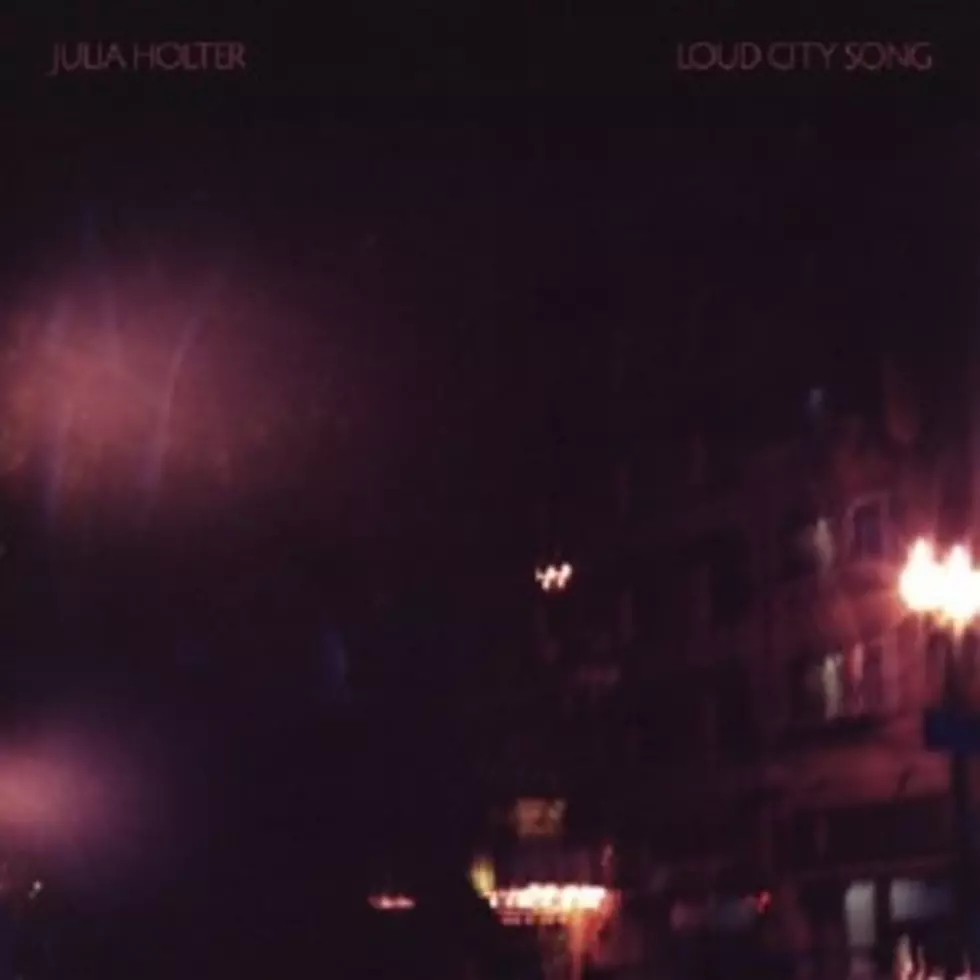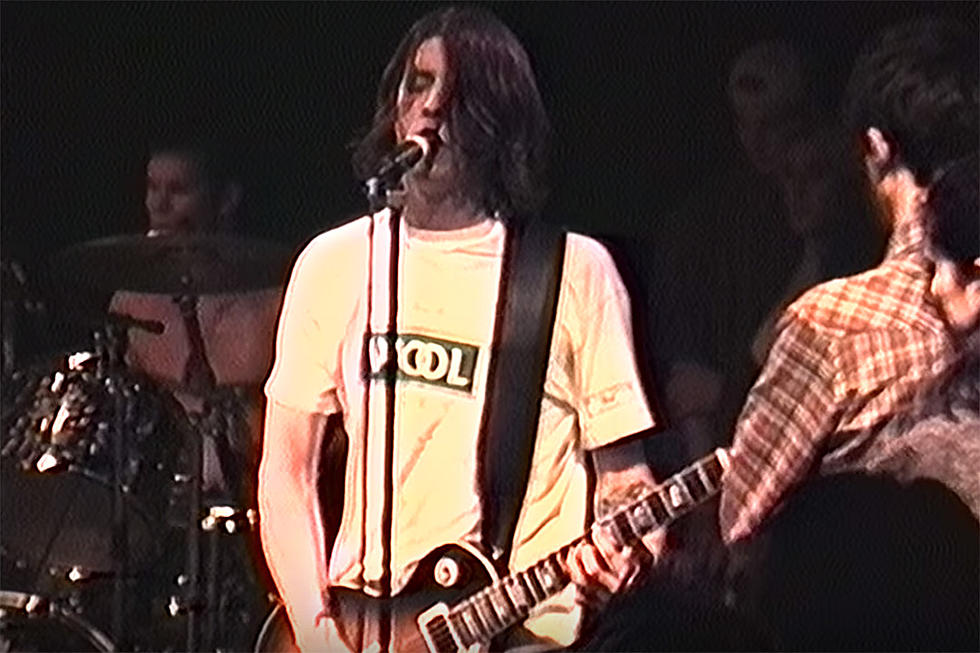
Julia Holter, ‘Loud City Song’ – Album Review
What is taste? For music fans, it’s a word loaded with all sorts of responsibility and identity concerns. A strain of superiority often accompanies its usage -- one that extends from genre politics and today’s vapid, absolutist, “this < that” social media culture.
It's a beautiful thing when listeners discover what sounds they gravitate toward -- and why they do so -- but by its very definition, art is meant to transcend the surface-level implications of “taste.” Even music.
No one exemplifies this better than Los Angeles experimentalist Julia Holter. Holter crafts highly referential and literary music, effortlessly hopping genres and transcending geography and time periods to create a seamless, intricately woven aural tapestry that is as experimental as it is melodic. It's also as thematically dense as it is sonically playful, and it's entirely unique to Holter. But the question of what is tasteful is inherent to Holter’s latest, ‘Loud City Song,’ on which she views L.A.’s celebrity and trash cultures through the lens of Colette’s 1944 novella ‘Gigi.’
“Taste” in an artist’s hands means something very different than it does in a listener’s. What is tasteful? What is tasteless? These refer to the craft itself -- to a restraint and artfulness that speaks to the artist’s subjectivity and soulfulness, as abstract as that may sound. With ‘Loud City Song,’ Holter’s emotional mixture of sounds and reference points works as a deeply human contrast to the artlessness and emptiness and tastelessness of reality television and institutions of celebrity worship. On ‘Loud City Song,’ Holter is an observer, and her musical observations dig at the human center lurking beneath the city of Los Angeles.
In many ways, with its mixture of jazz, musique concrete, chamber pop, electronic and ambient music, ‘Loud City Song’ picks up where Holter’s magnificent 2012 effort ‘Ekstasis’ left off. She still uses saxophones, harpsichords, pianos, strings and synths, but there’s something riskier and more organic about this record. Holter’s exploratory, left-field songwriting style allows her to touch on moods more complex than ever before. There’s a playfulness to songs like ‘In the Green Wild’ and ‘Maxim’s II’ that would almost qualify as goofy were it not for Holter’s skills. ‘In the Green Wild’ soars by its end.
A lot of ‘Loud City Song’ soars, in fact. Holter has always been an expert at somehow stepping from challenging, trench-deep avant-garde composition to pop-ambient grandeur. The peaks and valleys of Holter’s music never cease to surprise, even after countless repeat listens. She builds up to levels of catharsis other artists struggle to pull off without cutting corners along the way.
The record’s jaw-droppingly gorgeous centerpiece, ‘Hello Stranger,’ is perhaps the strongest example. It's as if Holter has found herself alone, washed up on a deserted beach. The vocals radiate quiet-storm soulfulness before stretching wide, reaching cosmic dimensions, and a lush curtain of synths and strings rises in the background like a billowing pink cloud. The song is a strikingly vulnerable and inviting detour in the middle of an album seemingly built to keep the listener on guard.
‘Hello Stranger’ is emblematic of an album that’s impossible to pin down. Even the vague notion of “experimental music” doesn’t seem to cut it with Holter. Similarly confounding is her place in Los Angeles, a city for which she obviously feels some reverence. Julia Holter’s records are tied together by overtly artistic aspirations, and ‘Loud City Song’ is perhaps her most accomplished work to date. Holter transcends taste altogether and explores deeper human notions of inventiveness and beauty.
More From Diffuser.fm









